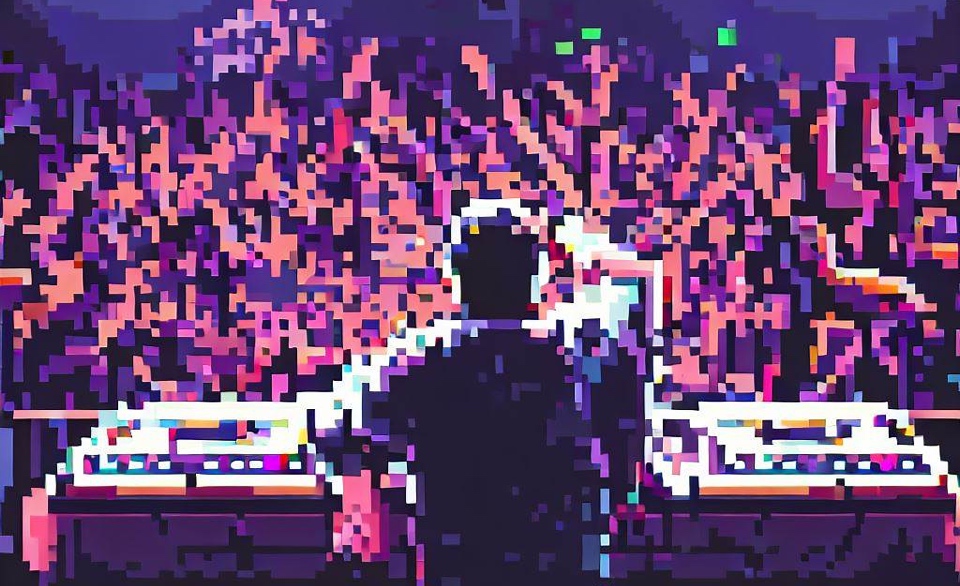Why Create a Podcast?
Podcasts are rising in popularity, providing opportunities to connect directly with audiences. They present new possibilities for musicians to stand out and gain an edge on the competition. Podcasting enables longer connections with audiences, allowing them to get to know you better. You can grow your presence online through podcasting. Setting up a podcast is easier than ever before and you can now own your audience by providing private podcasts in exchange for an email address.
Content Types To Create
Your podcast can include a variety of content types. This could be acoustic performances, interviews, commentaries & behind-the-scenes looks, gear talk, and tips. You could also include DJ sets, live performances, rehearsals, backstage snippets, acapellas, and exclusive remixes. For instance, you could have an "In the studio" segment where you explain the making of a song, much like Lost Frequencies did for his Estelle American Boy remix or Clean Bandit and Topic for Drive.

How to Start Your Podcast
To create your own podcast, decide what it will be about, choose a format/platform, plan content/topics, record using basic equipment, launch regularly, and promote via social media/other platforms. Essential gear for recording includes an audio recorder, microphone, and audio interface. Editing software can include Garageband, Ableton, ProTools, Audacity, or Adobe Audition. Theme music and sound design will give the podcast a sonic identity. Choose a hosting platform like DJing will allow to run 2 advanced kinds of advanced podcast. Free private podcasts requiring an email address to subscribe (with optional tips), and for-pay, premium podcasts with direct payment on your Stripe or Paypal business account for real fans.
Collecting Emails for Private Podcasts
In the realm of podcasting, private podcasts are a unique way to offer exclusive content to a select group of listeners. This could be your most loyal fans, premium subscribers, or even your team members. One key aspect of running a private podcast is the collection of email addresses. This not only helps in managing your audience but also allows you to maintain direct communication with them.
Remember, the goal is to convert your listeners into subscribers. This could be early access to episodes, bonus or behind-the-scenes content.
Enabling Tipping for Your Podcast
In addition to offering exclusive content, another way to monetize your podcast is through tipping. Tipping allows your listeners to show their appreciation for your work by giving a monetary tip. This can be enabled when a user subscribes to your podcast, either as a one-time tip for the free podcast, or as a yearly subscription for premium podcasts
There are several platforms that offer this feature, including DJing, Patreon, Buy Me a Coffee, and PodFan. These platforms allow you to set up a tipping option for your listeners. You can choose to have a fixed tip amount or let your listeners decide how much they want to tip.
Beware, while tipping can provide additional income, it should not be the primary focus of your podcast. The main goal should always be to create engaging and valuable content for your listeners. Tipping is just a way for your listeners to show their appreciation for your hard work.
Conclusion
Creating a free podcast for DJs and musicians is a great way to connect with your audience, promote your music, and stand out in the music industry. With the right planning, equipment, and content, you can create a podcast that not only showcases your music but also provides value to your listeners.

